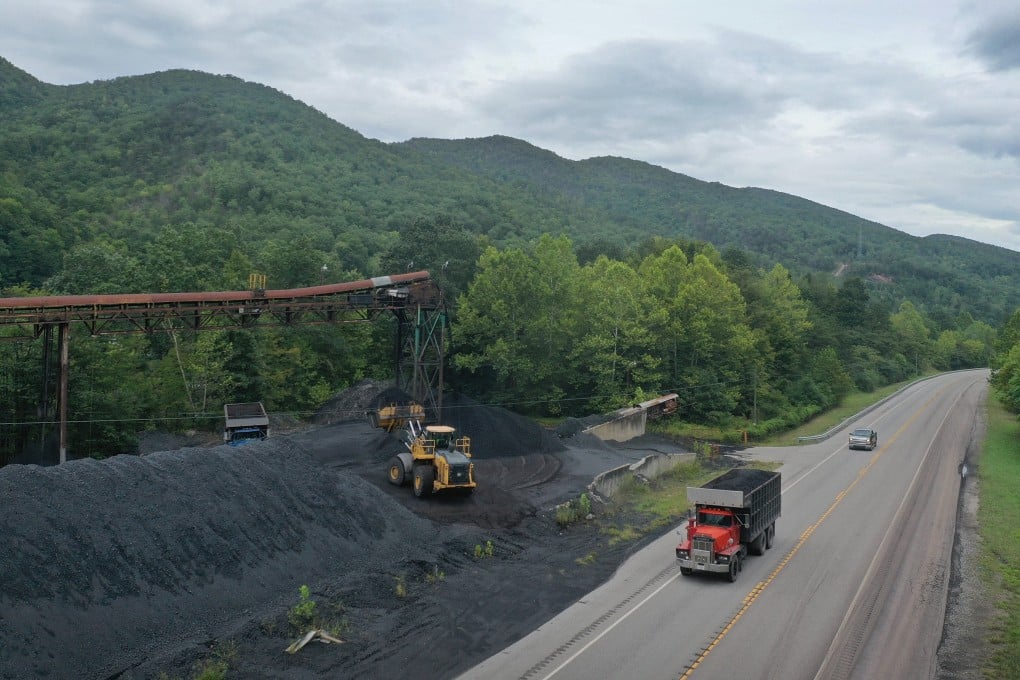China-Australia relations: China turns to US coal to fill void created by Australia import ban, offers trade deal boost
- China unofficially blocked Australian coal in October, and imports have dropped to zero since December, while the US sold nearly 300,000 tonnes of coking coal to China in February
- China agreed to buy an additional US$52.4 billion worth of energy products from the US over two years as agreed as part of the phase one trade deal signed in January last year

Coking coal exports from the United States have filled some of the void created in China by its unofficial ban on Australian exports of the commodity over the past five months as trade manipulation creates “winners and losers”, economists said.
And while only representing a small fraction of Australia’s pre-ban coal exports to China, the US sold nearly 300,000 tonnes of coking coal used in steel production to China in February from nearly zero in October, China customs data showed.
China has met 80 per cent of its energy purchase commitments with the US so far this year, according to an update by the Peterson Institute for International Economics’ senior fellow Chad Bown two weeks ago, although it hit only 39 per cent of the target in the first year of the deal in 2020.